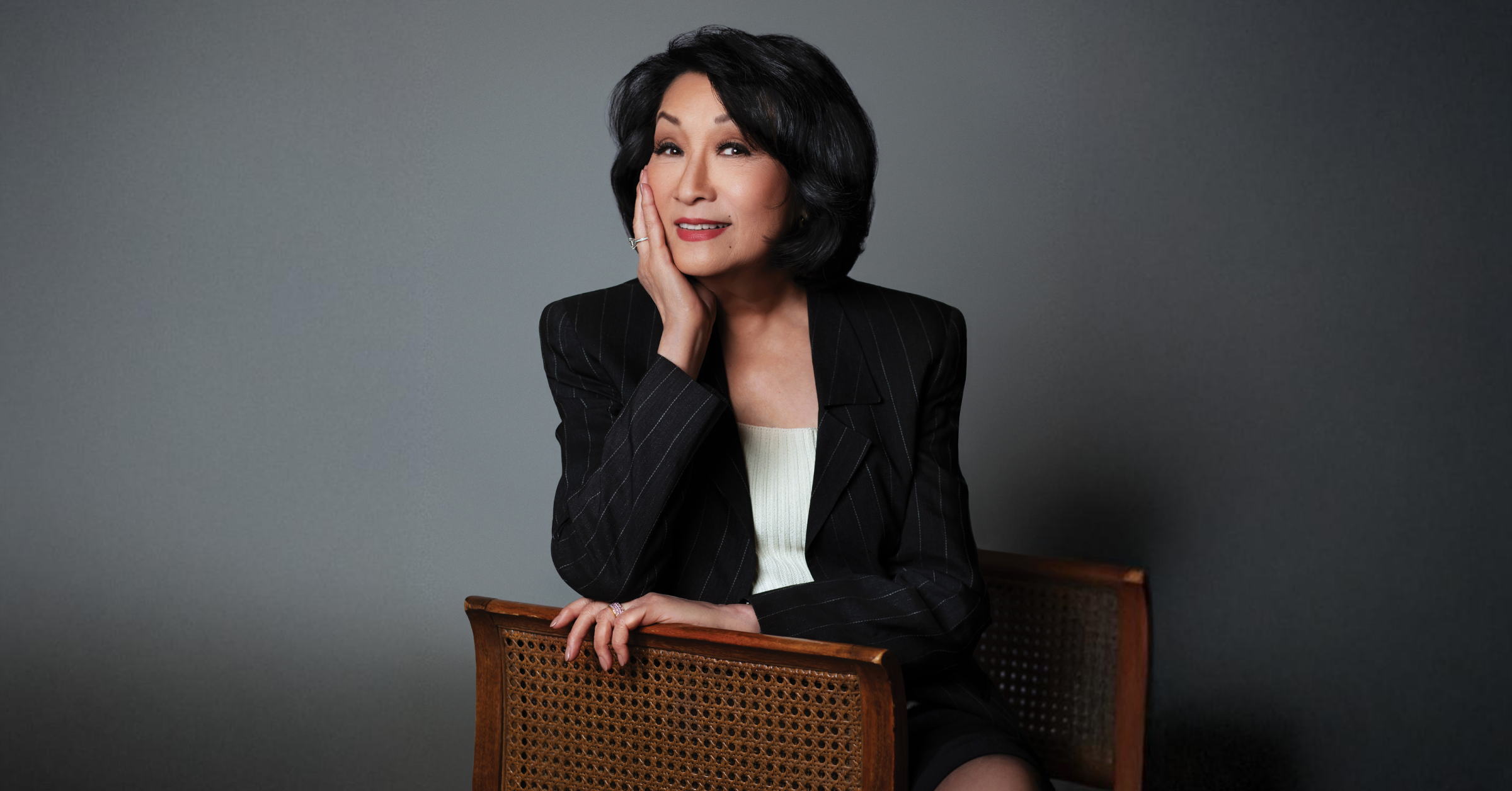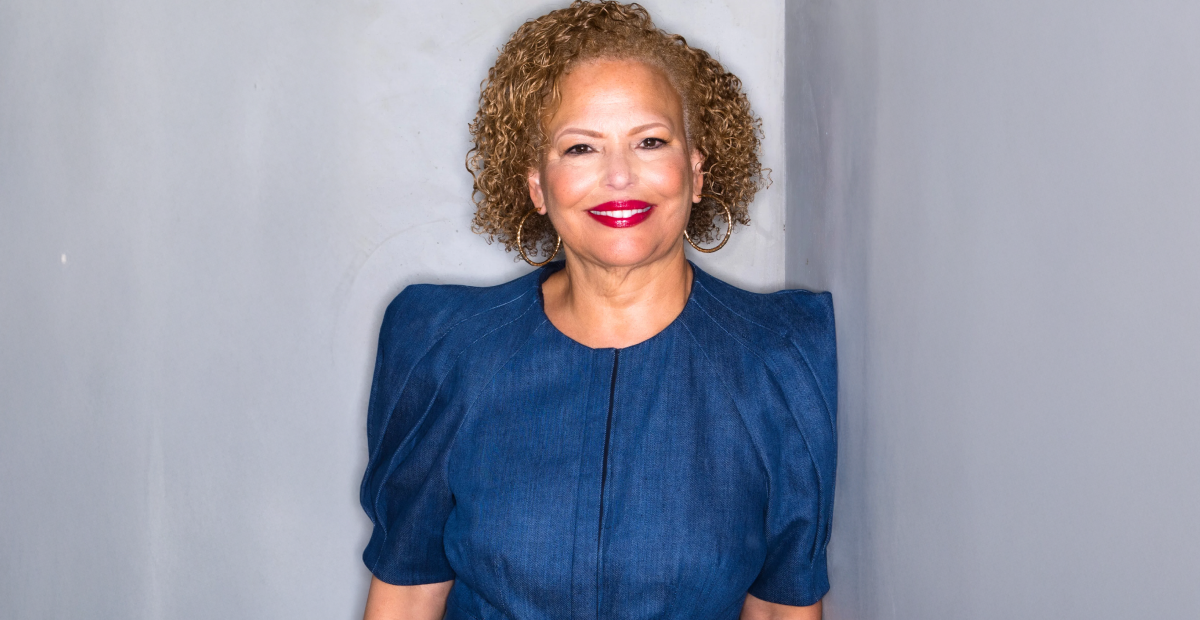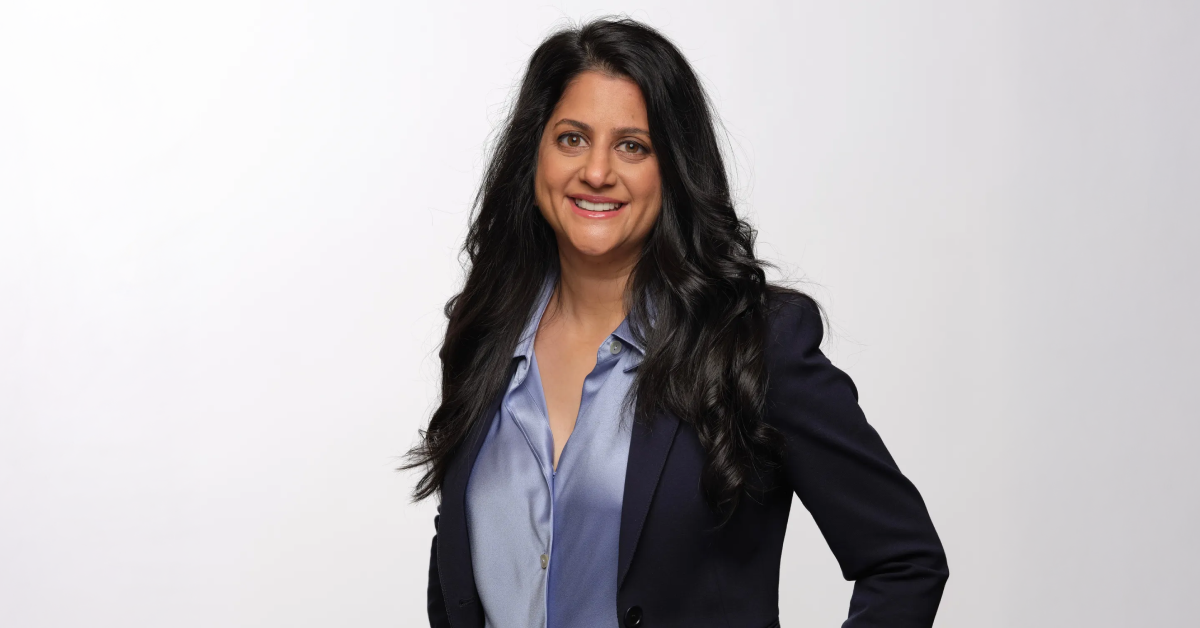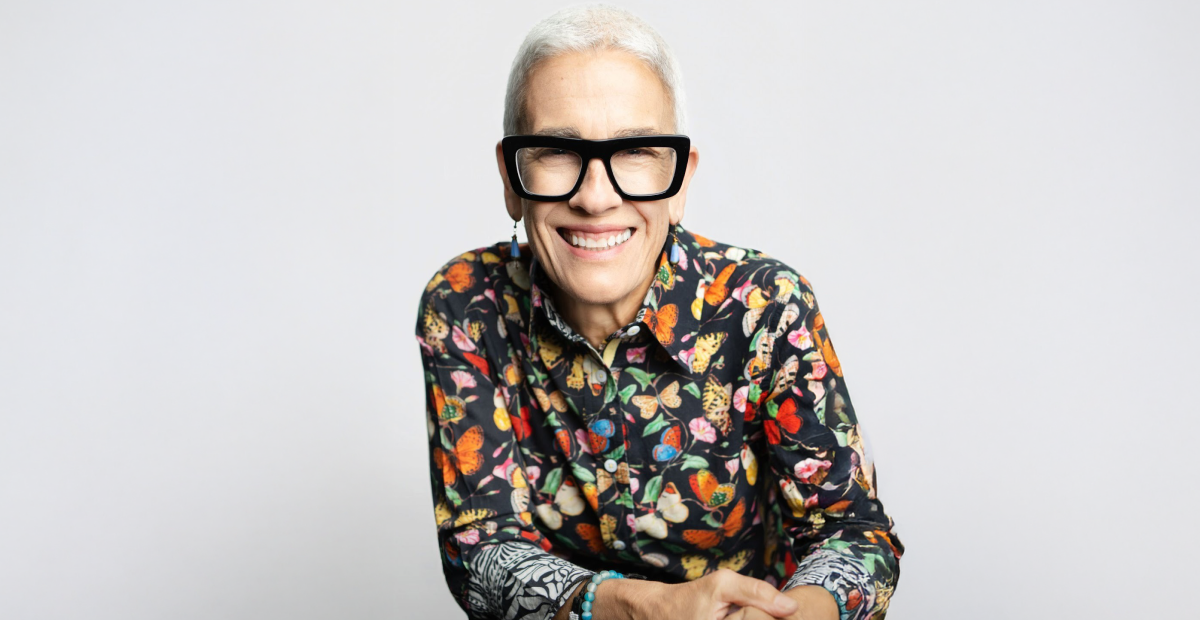As the first woman to co-anchor the CBS Evening News, and the first Asian American to anchor any network news broadcast for CBS, NBC, and ABC, Connie Chung has carved out a legendary career path for herself in media. So much so that she inspired a generation of Asian American parents to name their daughters after her.
“I was flabbergasted,” Chung says when a young woman named Connie emailed her to do a New York Times story about the influence of her name and her career.
Now, as a three-time Emmy Award winning journalist with decades of experience under her belt, Chung is opening up in her self-titled memoir, Connie, about her groundbreaking career and the lessons she learned along the way. In conversation with Janice Min, CEO and Editor-in-Chief of Ankler Media, Chung talked to Chief Members about how she adopted the mentality of a man to succeed, the power of speaking up at work, and the delicate balance women face when they are the “only” in a room.
On Imposter Syndrome Among Women
“My husband [Maury Povich] has always said to me that you don't know who you are. He's always said you are the Jackie Robinson of news. And I’ve always said, ‘No, I’m not.’
I think women have a hard time declaring success and declaring accomplishment. When we do something, we thank the team. You know, ‘She did this. He did that. I couldn't have done it without that person.’ But the men come along and they go, ‘Why am I so indispensable? If you hadn't had me on this project, it never would have gotten done.’ Well, my husband has always believed that I don't ‘know who I am’ and he's right. He's right because I can't embrace success.”
On Adopting the Mentality of a Man to Succeed
“All I saw around me were men in the newsroom: men as other reporters who were competing against me and men I was covering because I was in Washington, DC. They were at the White House, the State Department, the Pentagon, and all over Capitol Hill. There were hardly any women representatives or senators. They created a persona, particularly at that time in the early 1970s, in which they would walk into a room and get respect automatically. They could swear and they could be confident.
So I decided I would be such a guy. It's not something that I'm proud of, but I basically got a terrible potty mouth. I could swear like the best of the guys. And I so convinced myself that I was one of the guys, that when I'd walk past a mirror and see myself, I'd go, ‘Whoa, a Chinese woman just stared back at me.’ I really felt I had what the guys had. Yes, they were wearing suits. Yes, they were wearing ties. Yes they were wearing wingtip shoes, and I was wearing a mini skirt and I had big hair, but as far as I was concerned, I was part of the boys club.”
On Admiring Barbara Walters and Being the Family Breadwinner
“I did much of what Barbara Walters did. I really did follow in her footsteps in many ways. Her father owned nightclubs and they tanked, so she became the breadwinner in her family. She had to support her mother, her father, and her disabled sister. When my father retired because of a minor heart attack in the 70s, I was only in my mid-20s, and I became the breadwinner in my family, too. I knew that I had to have a job. I knew I had to earn a paycheck because I had a family to support, and so that was another way that I became a guy because the onus was on both Barbara and me to be the breadwinner.
Barbara and I also shared a lot of other moments. I got married late and I forgot to have a baby, so we adopted. Barbara also adopted, and we both co-anchored with a man who didn't want to have anything to do with us, and we were both dumped after two years. I think all of that had a profound effect on the fact that I wanted to keep working. But you know what’s very interesting? I said to Lesley Stahl, who has remained a close friend of mine and who was hired at CBS about the same time I was, ‘Lesley, I should have done it your way because look at you now, you're still going strong on 60 Minutes.’ And she said, ‘No. You took risks and when you didn’t get what you wanted, you threatened to leave the network. And you did.’ She said, ‘I played it safe. I always threatened to leave CBS, but I wouldn't leave.’”
On the Power of Speaking Up
“I'm a big ‘should have, could have, would have’ person, and I wish I wasn't. But there are a few things I learned along the way, and one was from my girlfriend Mary Kellogg. She was in management. She told me, ‘Managers don't know what you want. You have to tell whoever is above you what you want, and if you don't, they'll never know because an executive has a lot of people to think about. So you need to go into that office and say, ‘I would like this, this, and this.’ Whether it's a higher salary, a job promotion or whatever, you can say it nicely.
Another thing I learned so keenly was something that Madeleine Albright said. She was a member of the National Security Council. And before she became Secretary of State, she would go to these meetings, and she'd hear a man say something, and she'd say to herself, ‘I was going to say that. Why didn't I stand up and say it?’ And she'd kick herself. I did that so many times by being afraid to speak up. I finally got over that. Men say stupid things all the time, so I think if you just go ahead and say it, it's fine. Don't be insecure about your thoughts.”
On Being an “Only” at Work
“I now know that the first one through the door faces the heaviest gunfire. You have to have the fortitude and the strength to not allow anyone to think you are lesser than. You're not a second-class citizen. You are as smart, as good, and as tough as they are. Just because you wear your race on your face, and just because you might wear a skirt once in a while, means nothing. We have to keep fighting, and it's a delicate balance. I never wanted anyone to call me the B-word or a diva or anything like that. So there's this delicate balance of not being overly obnoxious and pushy, but at the same time pushing hard. What I did was I had a sense of humor, and I joked with the men, and it kind of distracted them from whatever they were thinking.”



